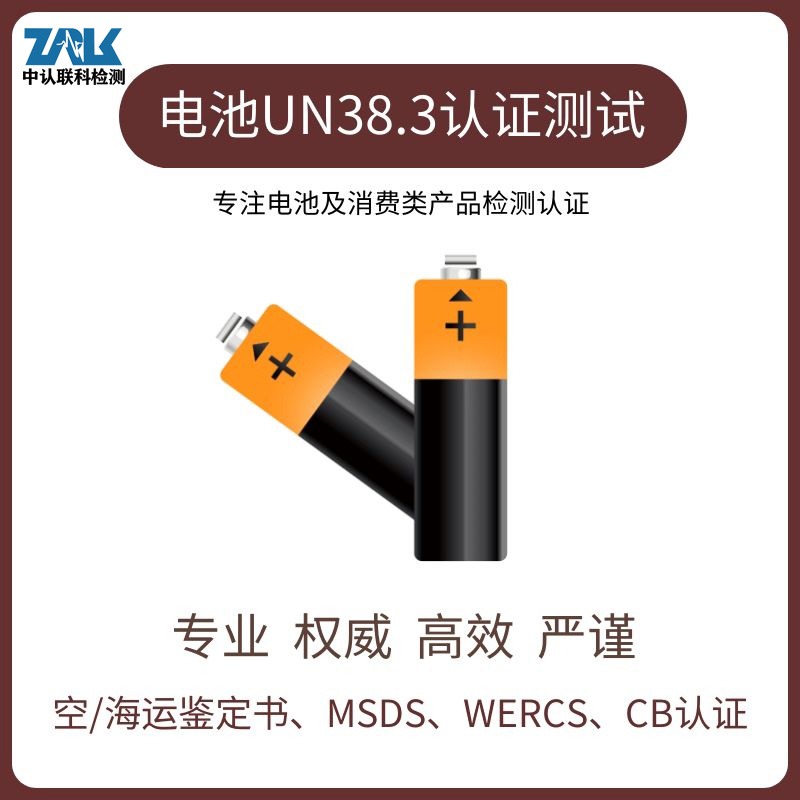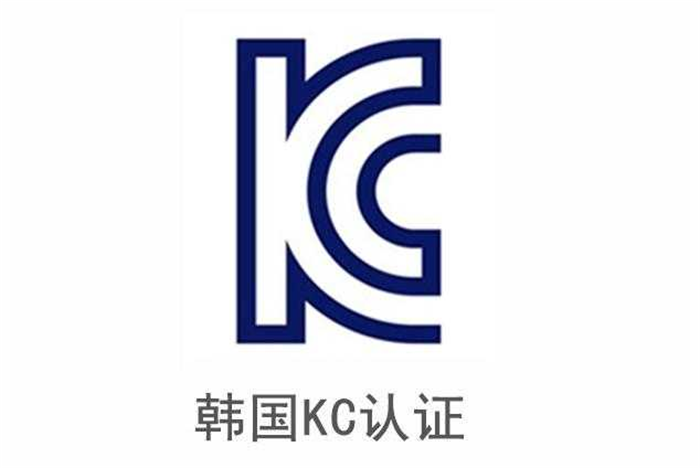Why do UAVs need UN38.3 certification?
UN38.3 is a mandatory test standard for lithium batteries in the United Nations Dangerous Goods Transport Regulations, covering eight categories of test items such as height simulation, thermal shock, vibration, and extrusion. Due to the potential risks of lithium batteries in transportation such as short circuit and combustion, the International Air Transport Association (IATA) clearly stipulates that lithium batteries without UN38.3 certification shall not be transported by air. Whether it is export trade or cross-border transportation, the certification is a necessary pass for drone batteries to "go to sea".

Necessary information for applying for UN38.3 certification
1, product technical documents: including battery specifications, circuit diagrams, BMS (battery management system) description;
2, sample information: need to provide sufficient test samples (usually 24-30 batteries);
3, manufacturer qualification: business license, ISO system certificate (if any);
4. Test report: A full set of UN38.3 tests should be completed by a third-party laboratory;
5, transport conditions: packaging, charging state (SOC≤30% is preferable).
UN38.3 Authentication Process
1. Preliminary consultation: Communicate with certification bodies about test requirements and sample quantity;
2. Sample testing: laboratory simulation of extreme environment to verify battery safety;
3. Report review: the agency confirms that the test data meets the UN38.3 standard;
4, issuance of certificates: after passing the UN38.3 certification document, the validity period is usually 1 year.

The importance of certification
1. Compliance access: To meet the air transport regulations of major countries in the world, to avoid the seizure or return of goods;
2, brand trust: certification mark to enhance customer recognition of product safety;
3. Risk prevention and control: eliminate battery design defects in advance to reduce the probability of transportation accidents.
UN38.3 certification is not only the "stepping brick" for drone batteries to enter the international market, but also the embodiment of corporate responsibility and quality. From data preparation to test clearance, every link needs to be carefully treated. With tighter global regulation, planning the certification process ahead of time will be key for companies to get ahead of the market.


![[Holiday Notice] ZRLK 2026 Chinese New Year Holiday Schedule](/uploads/image/202602/698559be66d97.jpg)










